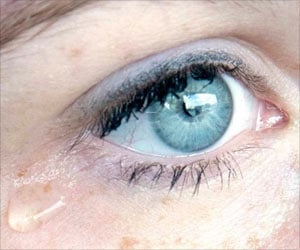For the first time, study finds a rare and unstable mineral from alpine plants which could potentially act as a new material for industrial and medical applications.

‘Vaterite, a rare mineral found in alpine plants has important applications in drug delivery due to its high loading capacity, high uptake by cells and solubility.’





Naturally occurring vaterite is rarely found on Earth. Small amounts of vaterite crystals have been found in some sea and freshwater crustaceans, bird eggs, the inner ears of salmon, meteorites and rocks. This is the first time that the rare and unstable mineral has been found to be associated with plants.
"Biochemists are working to synthetically manufacture vaterite as it has potential for use in drug delivery, but it is not easy to make," said study co-author Raymond Wightman from Sainsbury Laboratory, University of Cambridge.
"Vaterite has special properties that make it a potentially superior carrier for medications due to its high loading capacity, high uptake by cells and its solubility properties that enable it to deliver a sustained and targeted release of therapeutic medicines to patients," Wightman said.
For instance, vaterite nanoparticles loaded with anti-cancer drugs appear to offload the drug slowly only at sites of cancers and therefore limit the negative side-effects of the drug, Wightman added.
Advertisement
Other potential uses of vaterite include improving the cements used in orthopaedic surgery and as an industrial application improving the quality of papers for inkjet printing by reducing the lateral spread of ink, the study said.
Advertisement
"Vaterite is not very stable in the Earth’s humid atmosphere as it often reverts to more common forms of calcium carbonate, such as calcite. This makes it even more remarkable that we have found vaterite in such large quantities on the surface of plant leaves," he added.
Source-IANS














